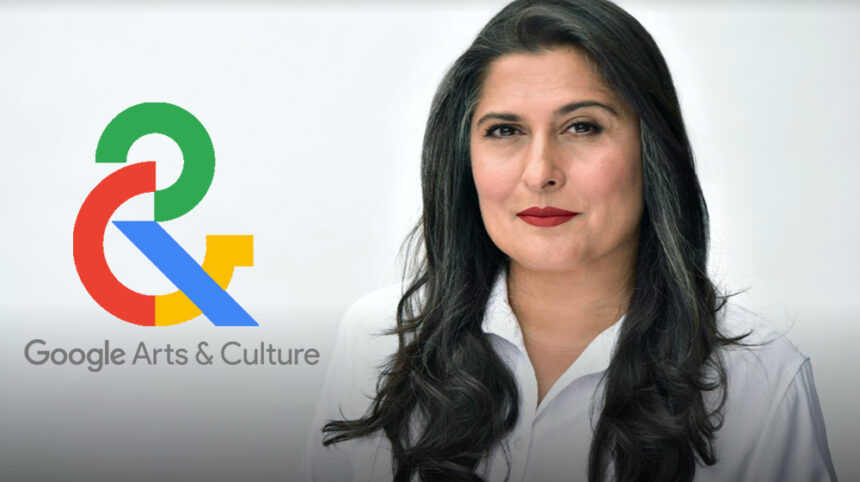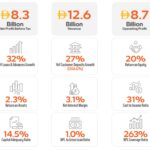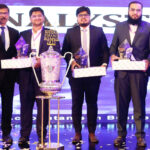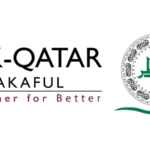In partnership with Google Arts & Culture and the British Council, Sharmeen Obaid-Chinoy is happy to announce the opening of “Pakistan’s Museum of Food,” a digital platform highlighting Pakistan’s rich and varied culinary heritage.
The largest online examination of Pakistani food, “Pakistan’s Museum of Food,” has over 9000 photographs, 90 films, and 100 tales. These components give a clear picture of the diverse culinary culture of Pakistan, which spans its five provinces and beyond. The museum also incorporates recipes from the Pakistani diaspora that were provided by the museum’s co-creators, W.M. Legacy, who are headquartered in the UK. This project is committed to both conserving and honoring the history, culture, and cuisine of Pakistan while also charting its current development.
The project director, Sharmeen Obaid-Chinoy, highlights the significance of this endeavor: “Pakistan’s culinary tradition is a crucial component of our cultural identity. However, many customs and traditions run the risk of vanishing with each passing generation and the difficulties brought on by climate change. In response, we set out on a mission to actively conserve and bring back these lost traditions and recipes in addition to cherishing the flavors of the past. With this initiative, we intend to encourage people to learn more about Pakistan’s rich culinary heritage, history, and customs while also inspiring them to share their own experiences and dishes with this live narrative.
This online display exudes excitement, according to Amit Sood, director and founder of Google Arts & Culture: “We are excited to announce our latest exhibition on Google Arts & Culture, dedicated to the lively cuisine and rich culture of Pakistan. From the northern highlands to the southern bazaars, Pakistan’s varied landscapes and cultures are all represented in its food. We hope to give users an entirely immersive experience into the wonders of this extraordinary country through our partnership with Sharmeen Obaid Chinoy and the British Council, making it our largest digital center about Pakistan.
We are happy to have funded this significant initiative that shows Pakistan’s unique culinary practices, meticulously chosen and shared by our partners, says Laila Jamil, Director Arts Pakistan at the British Council. Our Gender Ecologies Grant Programme, which examines the relationship between women, climate change, and the arts, makes this assistance possible. Food cultures shed light on practices, methods of agriculture, climate patterns, and biodiversity. In addition, they directly affect our health, the health of our world, and our perception of ourselves. We hope that this “Museum of Food” will serve as a catalyst for a larger initiative to gather and disseminate these traditions, as well as the narratives that go with them.
Sharmeen Obaid Chinoy and her team set out on a journey to investigate the origins of renowned dishes from each of Pakistan’s five regions in conjunction with Google Arts & Culture. They sought to capture the essence of Pakistan’s gastronomic and cultural richness, including the mouthwatering seafood of Gwadar’s shore, the decadent Sohan Halwa of Multan, and the creative usage of yak meat in Hunza. Sharmeen and her team worked to preserve traditional eating customs while identifying the subtle influence of modernisation on the country’s shifting taste preferences as they traveled across the many geographies of Pakistan. The project asks everyone to take part in its effort to archive Pakistan’s culinary environment as it celebrates Pakistan’s culinary legacy and its dynamic advancement.







